What We Do
We understand the challenges and opportunities that migrants face in their new environments, and we aim to support them in their integration and empowerment.
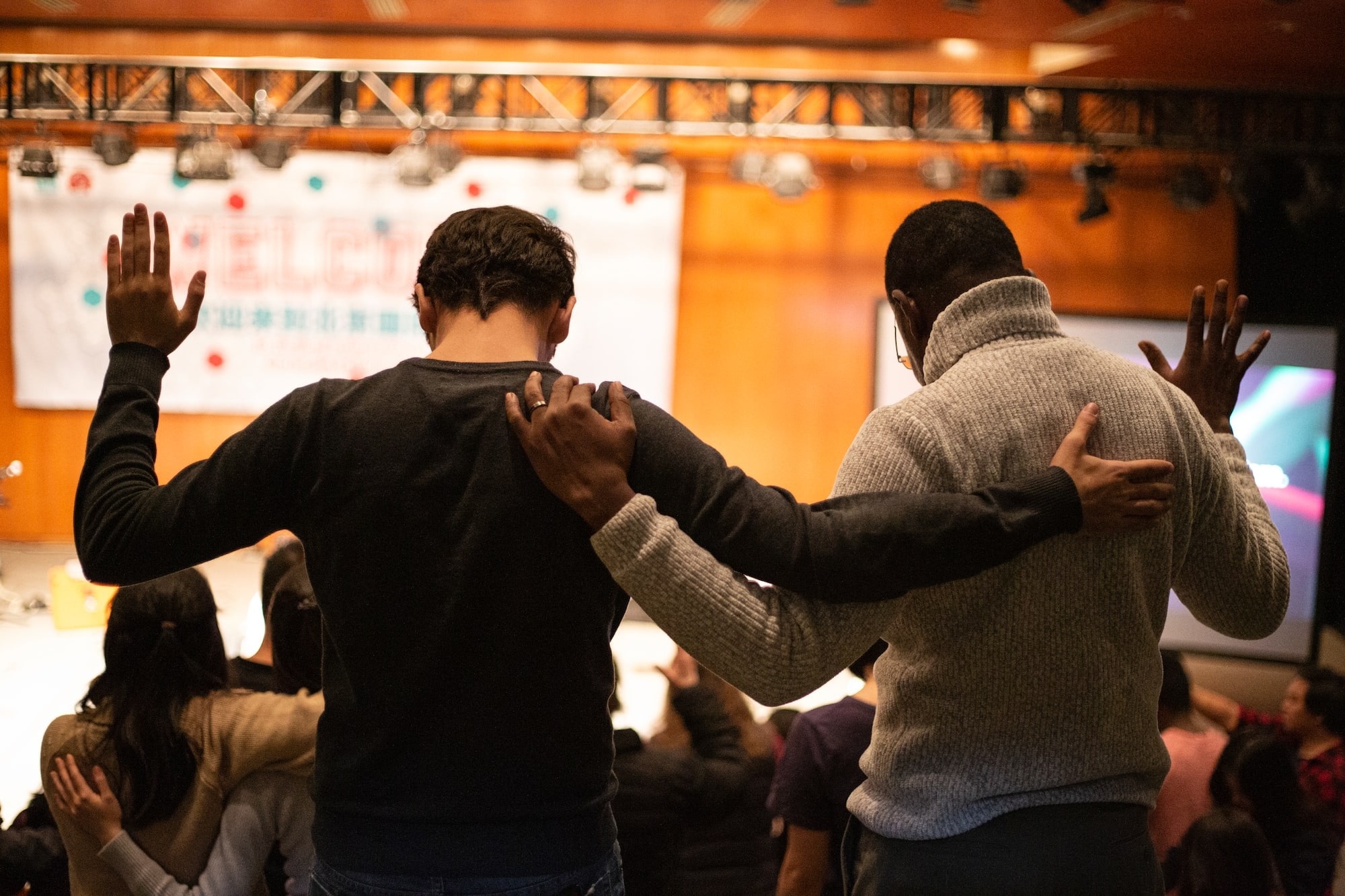
Churches in Cultural Transition (CCT)
When Christian refugees come to resettle and make their home in third countries, often the culture is vastly different to their own. Church culture is not exempt from this difference. We acknowledge that it may be difficult for refugees to integrate into the churches, as well as the churches being able to be adequately equipped in receiving them. Philoi plan to increase the capacity of CCT for Christian refugees and their resettlement in safer countries.
We will be partnering with organisations that will be able to assist with resettlement in Brazil, Canada, and New Zealand. We will also continue connecting with churches across Australia, working on furthering the training modules for Churches in Cultural Transition to prepare the communities to receive refugees with cultural awareness and sensitivity.
Philoi.Education
Philoi have been creating a Learning Management System (LMS) that will be accessible to anyone with a device and internet connection around the world. It will prepare forcibly displaced communities, vulnerable groups, and those who serve them, to be better prepared to face their challenges by providing high-quality, relevant online non-formal learning resources at no cost.
We are offering two main educational courses for free:
Vocational English Training (V.E.T)
Most English training programs are focused on functional English. There is a large gap for non-English speakers when navigating vocational English. Philoi aims to bridge the gap between functional and vocational English so that non-English speakers can maximise their opportunities in the workforce, and are able to be employed in meaningful jobs when resettling in a third country. Currently, this program is being implemented with the Afghan refugees through Zoom to their rooms in the refugee camps. We are hoping to expand this program to other CALD communities. Philoi desires to equip people who go through the 40 hours of the Vocational English Program with skills that will tremendously help them with effective communication, introducing job seeking and job landing skills, writing strong cover letters and resumes, interview skills, learning about how to handle complaint and conflict at work and in day to day life in a new country, and eventually feel at home in the new land.
Counselling First Aid
Refugees and asylum seekers experience profound trauma and distressing events that impact how they think, act and relate to others. Many cultures hear the words 'mental health or 'therapy' and instantly want nothing to do with it due to cultural taboos and shame. This deters refugees from pursuing mental help. This project will offer refugees who have experienced trauma to receive help without directly being associated with culturally triggering words such as 'mental health and 'counselling.' To do this effectively, Philoi has a series of 'entry programmes' (points of natural access) with some refugees so that we can hear them talk about what they have gone through. An example of Philoi's entry point is our Vocational English Training (VET), where we teach English and have conversations with these refugees about their situations through zoom.
Philoi Education enables frontal organisations and churches to serve the displaced effectively. These particular courses are not listed on public domain; but please don’t hesitate to contact us for the course prospectors. Individuals can sign up and take these courses for free and learning resources will be available in vernacular languages. On Philoi Education, you can access the following:
- Online self-directed and self-paced courses
- Webinars
- Information/registration for hybrid/face-to-face workshops
- Videos, documents, and resources
- Quizzes and assessments
We are excited to see where this LMS goes and playing a part in bridging the gap in resources for refugees and those displaced throughout the world.
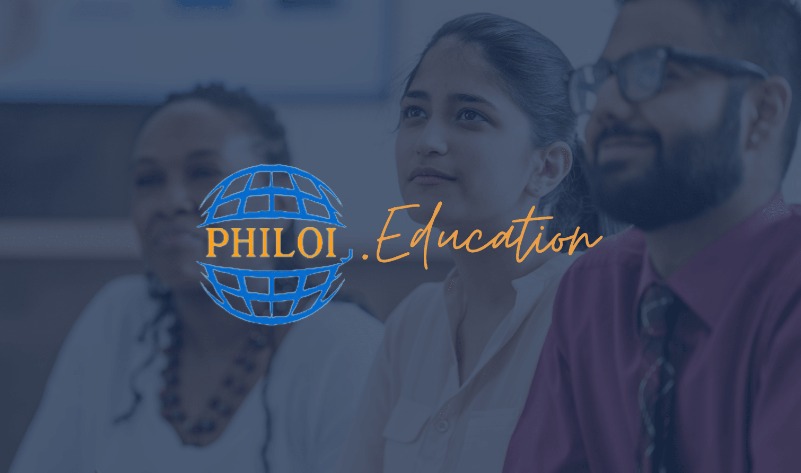
Migrant Workers Network
Migrant workers around the world are flooding into the Middle East and South East Asia. They are not skilled workers who usually move from Global South developing nations and are semi-skilled or unskilled workers. Coming from countries experiencing financial crisis and war, they are left in these countries extremely vulnerable.
The current global estimate is that there are over 281 million international migrant workers, which equates to 3.6% of the global population. The UN states there are roughly over 35 million international immigrants in the Persian Gulf states, and migrant workers comprise over 80% of the UAE’s population.
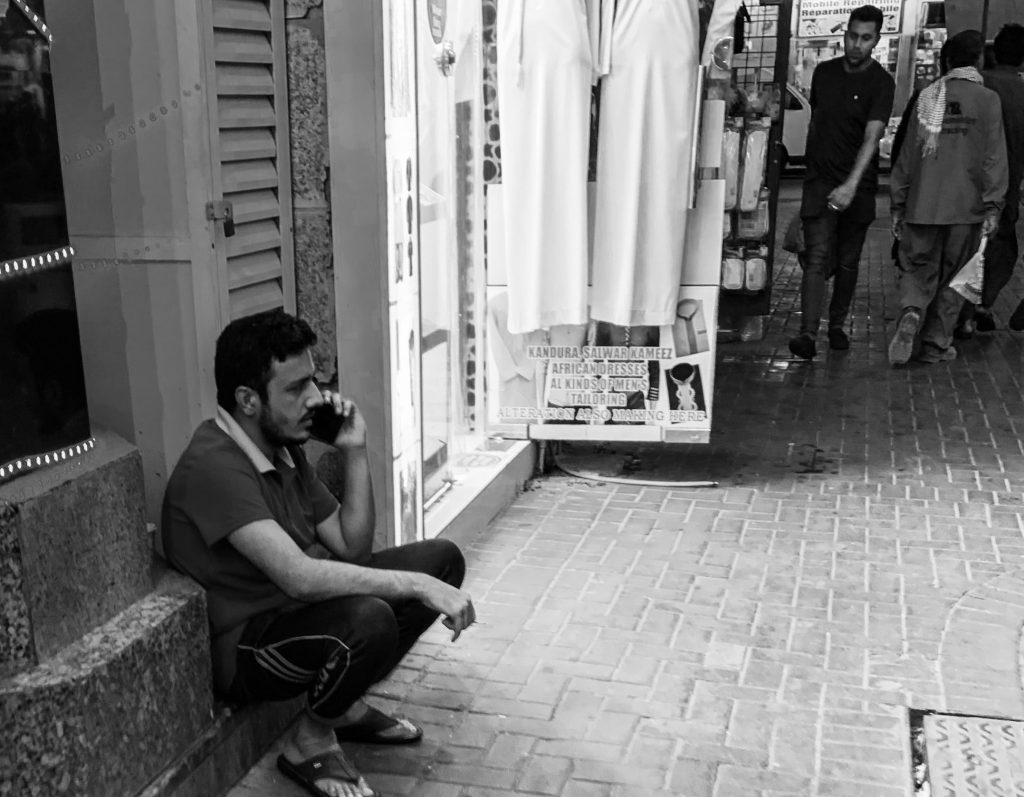
The current protections are limited, and migrant workers are often exposed to hazardous working conditions, systematic underpayment, and, in extreme circumstances, modern slavery. According to estimates, up to half of all temporary migrant employees are underpaid. A survey revealed that nearly 30% of respondents earned less than $12 per hour, which is half of Australia’s legal minimum wage. Temporary migrant workers account for 11% of Australia’s workforce (over 900,000 people), most of whom are international students and working holidaymakers.
Even in Global North countries, including Australia, many migrant workers are exploited, and some are trafficked for the sex industry without adequate protections or support. Often they are left isolated in the country they have travelled to, without connection and community. They operate within the country as a migrant worker, being excluded from many of the important benefits citizens receive. They often have inadequate health care and experience overcrowded living conditions. When Covid first hit, the majority of the infections were among migrant workers. In Lebanon, when the migrant workers could no longer be paid, they were kicked out and forced to sleep on the streets. It left 250,000 of them unpaid and abandoned.
There is a sponsorship system present in Gulf countries called ‘kafala.’ This is where an Islamic employer has full legal authority over an employee they are sponsoring. This control leaves room for abuse of rights for low and high-income workers from developing countries. There are many being deeply affected by the kafala sponsorship.
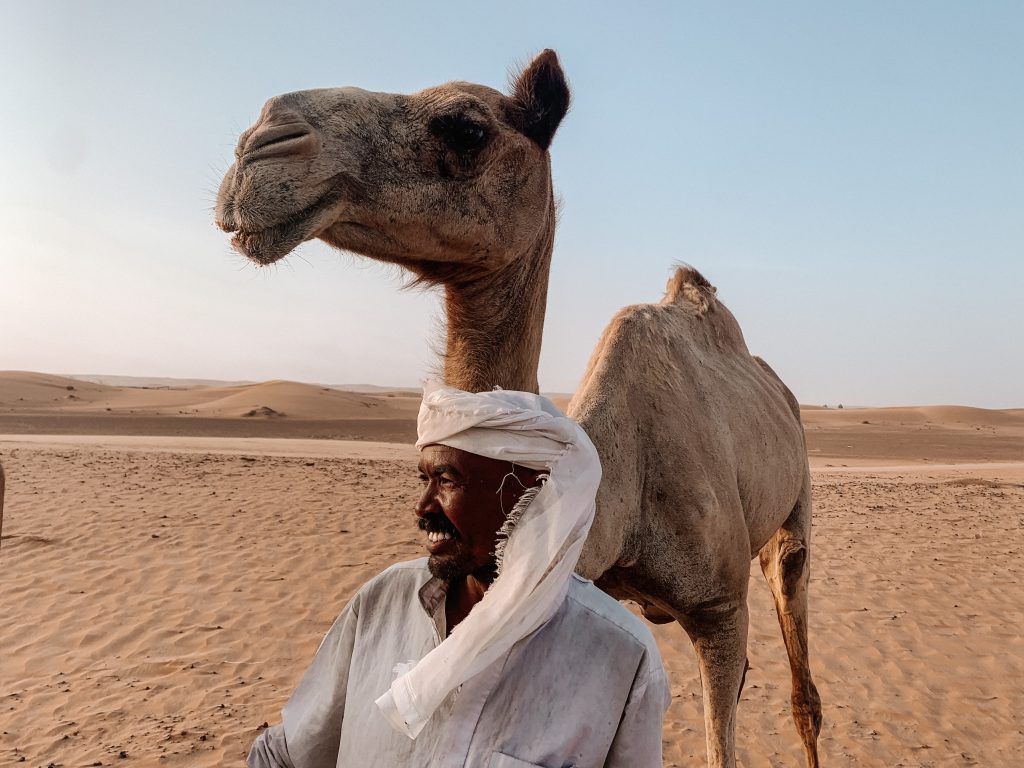
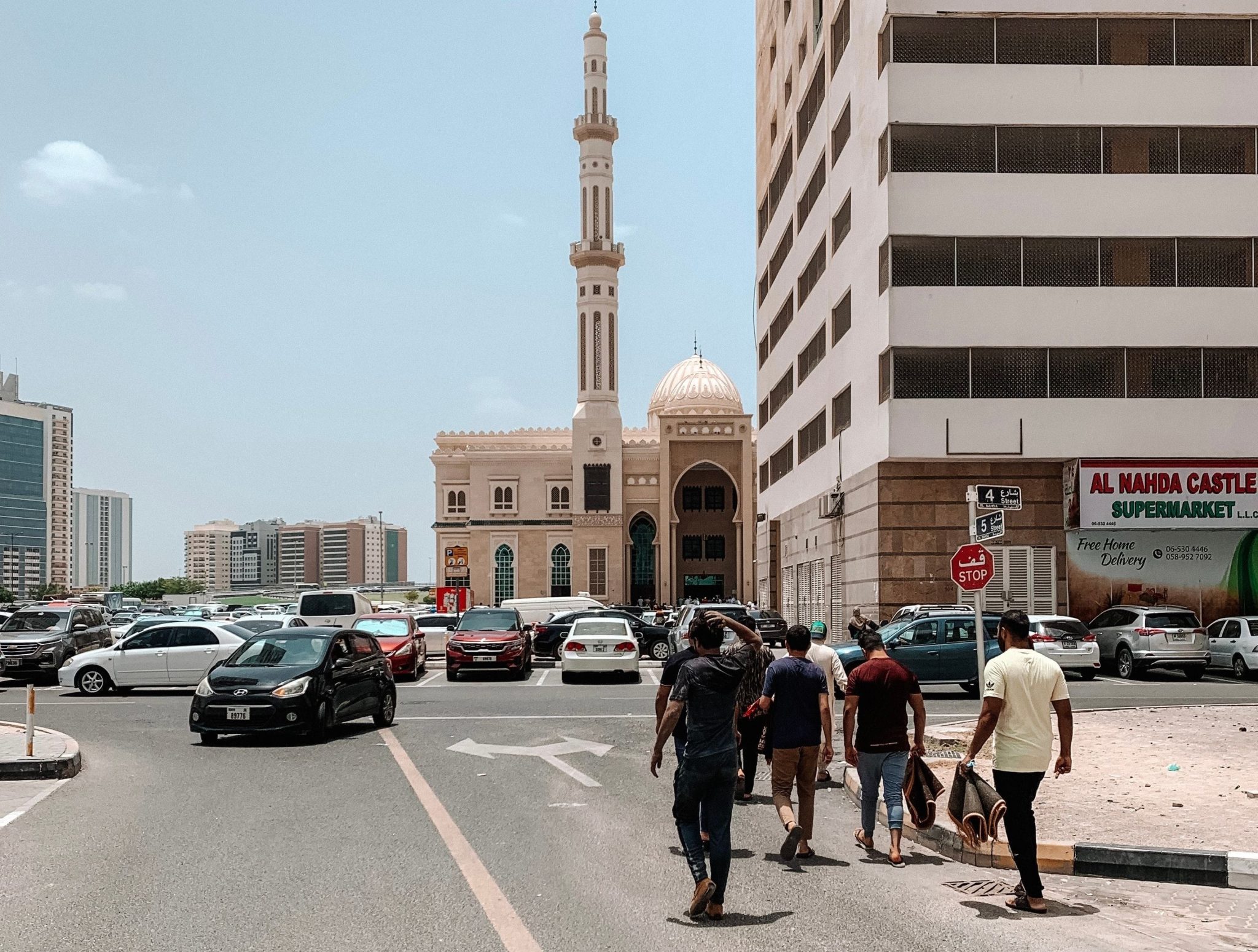
Story of Nevi* (name been changed for safety purposes)
Nevi is a 21 year old woman who is a migrant worker from Sri Lanka, currently working in a Gulf country. She operates in the country as an essentially undocumented person, excluded from the rights of a citizen. She sees no choice but to stay in the country and continue to work as her mother back at home in Sri Lanka has many debts to pay off due to cancer surgery. There is no possibility of earning money in Sri Lanka at present. Legally, as a young woman alone in this country, she has no protection. Everything she owns she sends back to her family. She is vulnerable.
Philoi sees this gap in the immigration space and is brainstorming with migrant workers, churches, and like-minded organisations on how to provide them with practical support and community connections, including integrating them into their community and how best to serve them in the location they are in.
